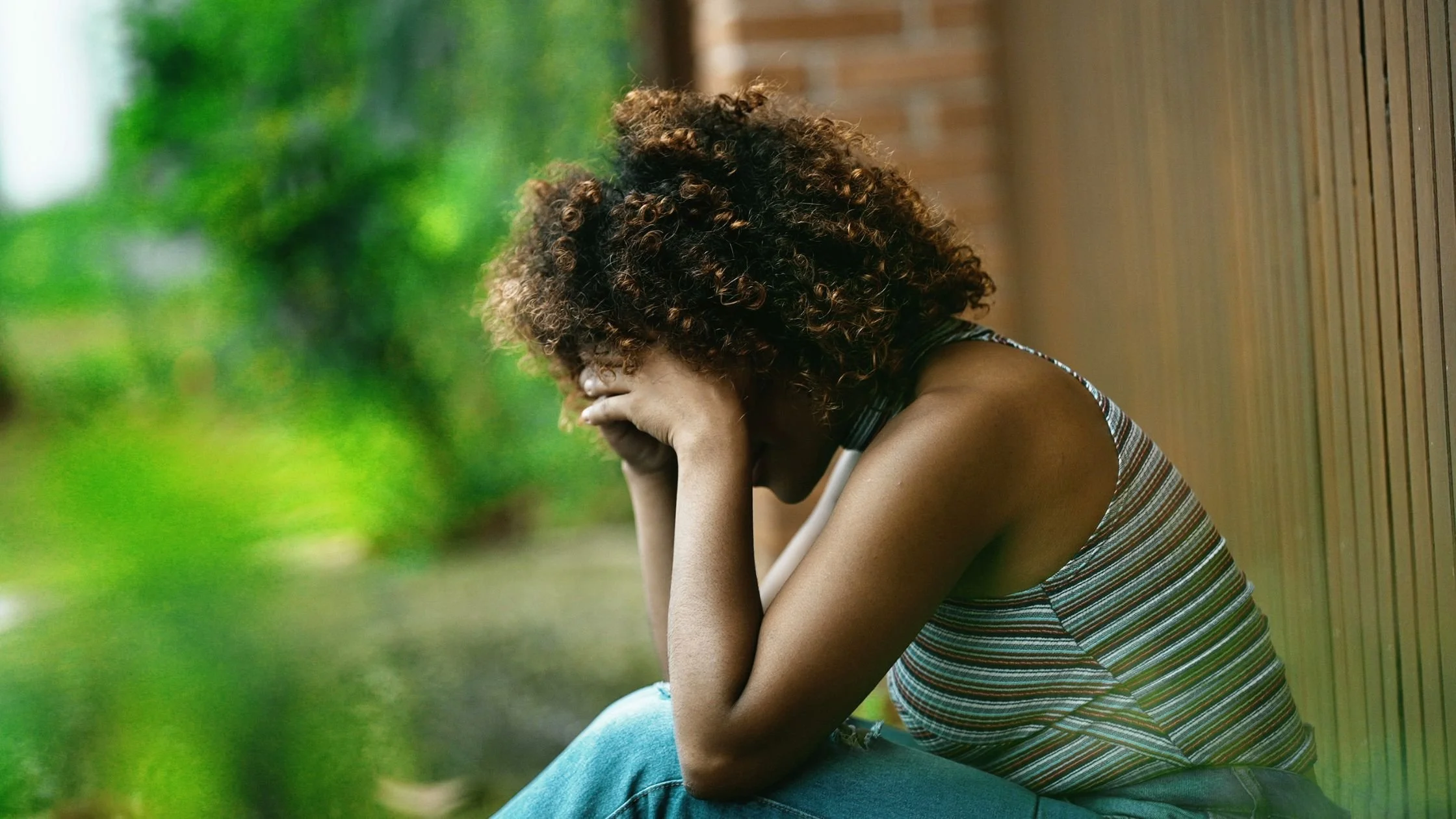Why You Feel Grief When Life Just Doesn’t Look Like You Thought It Would
There’s a strange kind of sadness that can sneak up on you in your twenties or thirties. It doesn’t come from a breakup or a tragedy. It shows up when you realize that the version of life you imagined, the one where things would have fallen into place by now, doesn’t quite match the one you’re living.
You’re working hard, doing all the right things, and still feeling off. Maybe you scroll through old photos or see your college friends in a group chat you barely recognize anymore. Maybe you thought you’d be married, promoted, or living somewhere exciting by now, but instead you’re caught between who you were supposed to be and who you actually are.
That quiet ache you feel? That’s grief too. Not for someone you’ve lost, but for the life you thought you’d have.
When “Feeling Behind” Is Really About Loss
Many young adults say they feel behind in life. Behind in relationships, career goals, or personal milestones. But underneath that frustration is often something deeper, a sense of loss that doesn’t fit the usual definition.
It’s the loss of certainty, of identity, of what you expected your twenties or thirties to feel like.
You might not name it as grief, but your body still recognizes it as something missing. You notice the tension, the fatigue, the urge to compare your timeline to everyone else’s. You tell yourself to be grateful, to keep moving, to stop overthinking. Yet something still feels heavy.
That’s because feeling behind in life as a young adult isn’t really about the timeline. It’s about what your brain and body register as a rupture, a gap between expectation and reality. You’re grieving the path that didn’t happen, the friendships that faded, or the version of yourself that once felt sure about where you were headed.
The Grief of Growing Apart
A lot of young adults experience what could be called transition grief without realizing it.
When you graduate, move, start a new job, or lose touch with old friends, you’re not just adapting, you’re letting go. Every transition asks you to shed parts of your old self to make space for what’s next, and that process is inherently emotional.
If you’ve ever felt empty after college friends move on, you’ve already met this kind of grief.
The routines that made you feel connected, late-night talks, shared stress, inside jokes, slowly disappear as people scatter into new chapters. No one’s angry. No one’s wrong. It’s just that the closeness you once had no longer fits.
And yet, you still feel it in your chest when you see old memories pop up on your phone or when you realize you don’t have your people on speed dial anymore. You can’t send a sympathy card for that kind of loss, but it’s real.
How Therapy Helps You Name and Navigate the Shift
The hard part about this kind of grief is that it doesn’t have rituals. No one gathers around when your expectations change. There’s no ceremony for outgrowing a version of yourself. But therapy can give that unspoken grief a place to land.
Through grief therapy for young adults, you can start to:
Name what you’ve lost. Maybe it’s the structure of college, the closeness of old friendships, or the belief that life would feel easier by now.
Reframe what “behind” really means. You’re not behind, you’re evolving. You’re in the messy middle between what used to make sense and what’s still unfolding.
Rebuild connection. Therapy can help you understand how transitions affect your relationships and your sense of belonging, so you can create new ways to feel rooted.
At Hearten Therapy, our approach is relational and grounded. We help young adults unpack the invisible pressures that make them feel off course and explore the emotional layers beneath comparison, burnout, and disconnection. This isn’t about fixing your mindset. It’s about making sense of what’s changing and finding compassion for yourself in the process.
Grieving Forward, Not Backward
When life doesn’t look like you thought it would, grief can feel confusing. You might wonder, “Do I even have the right to feel sad?” But the truth is that you’re allowed to mourn what was supposed to be, even as you build what’s next.
Grieving doesn’t mean you’re ungrateful. It means you’re human.
It’s what allows you to accept change, honor what mattered, and grow into new meaning.
If you’ve been feeling lost, stuck, or quietly sad about where you are right now, therapy can help you see that this feeling isn’t failure. It’s transition. And you don’t have to navigate it alone.

